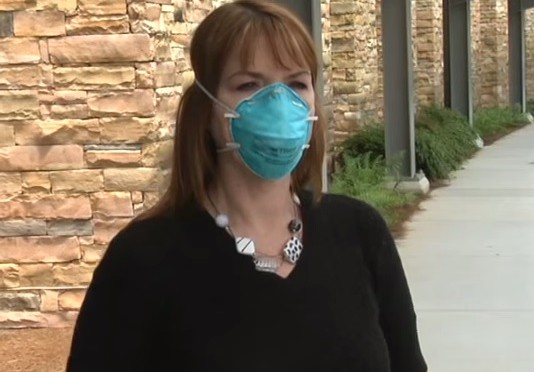Are Texans At Greater Risk Of Disease Outbreaks?
Even with the surprising and unsettling mistakes that have transpired as Dallas County officials try to contain the nation's first confirmed Ebola case, people are still at far reduced risk when compared to nations with less advanced health systems or monitoring techniques. With the eyes of the nation fixated upon the spread of … Continue Reading ››
